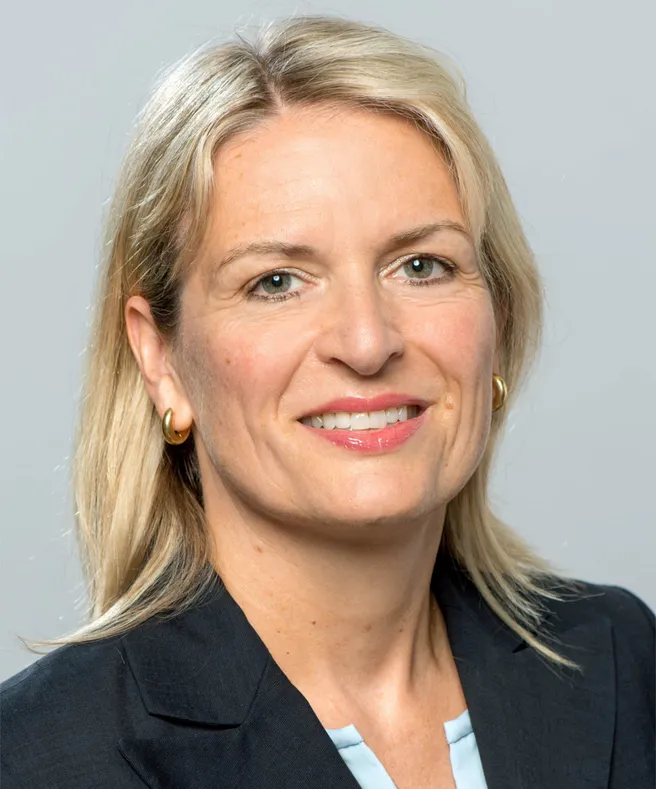Female genital mutilation (FGM) is an internationally condemned procedure with no medical benefits, posing significant health risks and representing a severe violation of human rights. Despite global efforts—such as UN programs—FGM remains widespread in many countries. In Senegal, for instance, about one in five women is affected. The age of the female individual at the time of the procedure is particularly relevant for the development and implementation of targeted programs. Regular surveys are conducted to assess progress in the fight against FGM, where women report their own experiences, as well as, for daughters under 15, their potential experiences.
In this context, the quality of age-related data on FGM is crucial, as it significantly impacts the analysis and interpretation of the collected data. Under the leadership of Prof. Dr. Stefanie J. Klug, head of the Chair of Epidemiology, Kathrin Weny, a PhD student at the Chair of Epidemiology, investigated the reliability and consistency of age-related data on FGM in population surveys in Senegal. The study results were published under the title "Self-report and proxy reports in survey data on female genital mutilation, Senegal" in the renowned international journal Bulletin of the World Health Organization, which has an impact factor of 11.
Prof. Klug emphasizes the importance of the topic: “This is a very complex and sensitive issue. Unfortunately, the few available data are not perfect. The goal of this work was, therefore, to examine how these data problems impact FGM estimates—and what the implications are for the interpretation and use of the data. Both politics and science rely on this data to make informed decisions and develop the most effective measures.”
Kathrin Weny, who previously created FGM forecasts at the United Nations Population Fund, particularly highlighted the importance of the age at which FGM occurs for calculating incidence rates and designing prevention programs. The context varies by country, which requires different approaches in FGM programs. “Age plays a central role in two ways: first, to calculate the incidence of FGM—when girls and women are affected—and second, because the timing of the procedure allows conclusions to be drawn about the underlying decision-making mechanisms. If FGM occurs immediately after birth, measures are likely directed at parents, institutions, or medical personnel. For older girls, these individuals may also be involved.”
Data from the Demographic and Health Survey (DHS) in Senegal from 2005 to 2023 on female genital mutilation in women and their daughters were analyzed. Due to Senegal’s unique data collection system, with annual studies between 2011 and 2019, ten DHS surveys were combined and weighted. This analysis examined the completeness of age data on genital mutilation, influencing factors such as education and birth date accuracy, age clustering as an indicator of data quality, and the median age at FGM by birth cohorts. The analysis also accounted for the complex survey design of various surveys.
Overall, the study shows that self-reported data from women on female genital mutilation are often inaccurate—especially when the procedure occurred in early childhood. This can distort age trend assessments. For more meaningful analyses, the researchers recommend primarily using data provided by mothers about their daughters—particularly in countries like Senegal, where both data sources are available. According to Weny, caution is also advised when comparing data from women and mothers about their daughters and these should not be aggregated.
“The analysis clearly demonstrates that while we are working with the best available data on FGM, it still must be treated critically. Not because the data collection process is fundamentally flawed—on the contrary, the surveys are very solid—but because there are natural limits to what can be known. This is an important finding,” concludes Weny. For the future, awareness of the context must, therefore, also be sharpened among researchers.
Link to the Chair of Epidemiology website
Link to the study Link der Studie
Contact:
Univ.-Prof. Dr. Stefanie J. Klug, MPH
Ordinaria
Chair of Epidemiology
Am Olympiacampus 11
D-80809 München
Tel.: 089 289 24951
e-mail: stefanie.klug(at)tum.de
Kathrin Weny
Chair of Epidemiology
Am Olympiacampus 11
D-80809 München
e-mail: kathrin.weny(at)tum.de
Text: Jasmin Schol
Photos: Unsplash/Private


